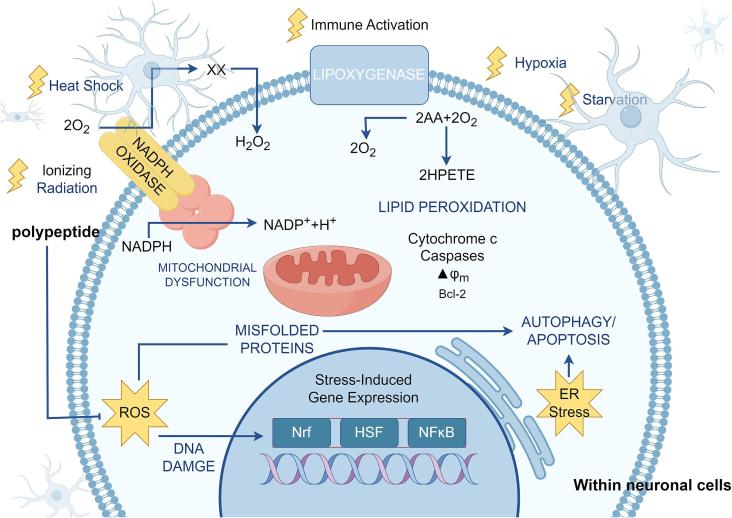
SDGs have been added on Scopus' author profile pages, appearing under the rebranded “Impact” section.

International Day of Epidemic Preparedness 2025: Strengthening Global Health Systems for Future Crises

Review on the study of active peptides in AD and PD, deals with role of inflamation, synaptic plasticity, and other learning, memory and cognitive functions related to AD
The study explores the use of a novel gene delivery system, AAV-aMTD-Parkin, to enhance motor and cognitive functions in animal models of Parkinson’s and Alzheimer’s diseases. This system improves the delivery efficiency of therapeutic proteins, potentially offering a new treatment approach for these neurodegenerative disorders.
This study found that female 5XFAD mice exhibit early impairments in prefrontal-dependent cognitive functions and increased activity of prefrontal PV neurons, unlike their male counterparts. These findings suggest a potential mechanism for the higher risk of Alzheimer's disease in women, highlighting sex-specific early deregulation in the prefrontal cortex.
This review investigates the connection between Type 2 Diabetes Mellitus and Alzheimer's disease, focusing on common mechanisms and the potential of traditional Indian herbs to manage both conditions. It also addresses the challenges and innovative strategies in delivering herbal formulations.
This perspective provides recommendations and strategies for the urban ecosystem rehabilitation of future cities, placing biodiversity and ecosystem services at the core of designing healthy and sustainable urban spaces.
Globalization, westernization, and urbanization over the last decades, leading to changes in dietary habits as well as food production, consequently, rising non-communicable diseases (NCDs) and environmental degradation. This study attempts to identify Thailand's dietary changes, considering health and sustainability aspects, and to determine correlations between these changes and NCD cases as well as environmental impacts (GHG emissions, land-, nitrogen-, phosphorus-use).
Addressing the environmental impacts of lithium mining requires a multifaceted approach, from innovative recycling technologies to reducing reliance on lithium, funding research into mining alternatives, and stringent regulations on lithium mining.

